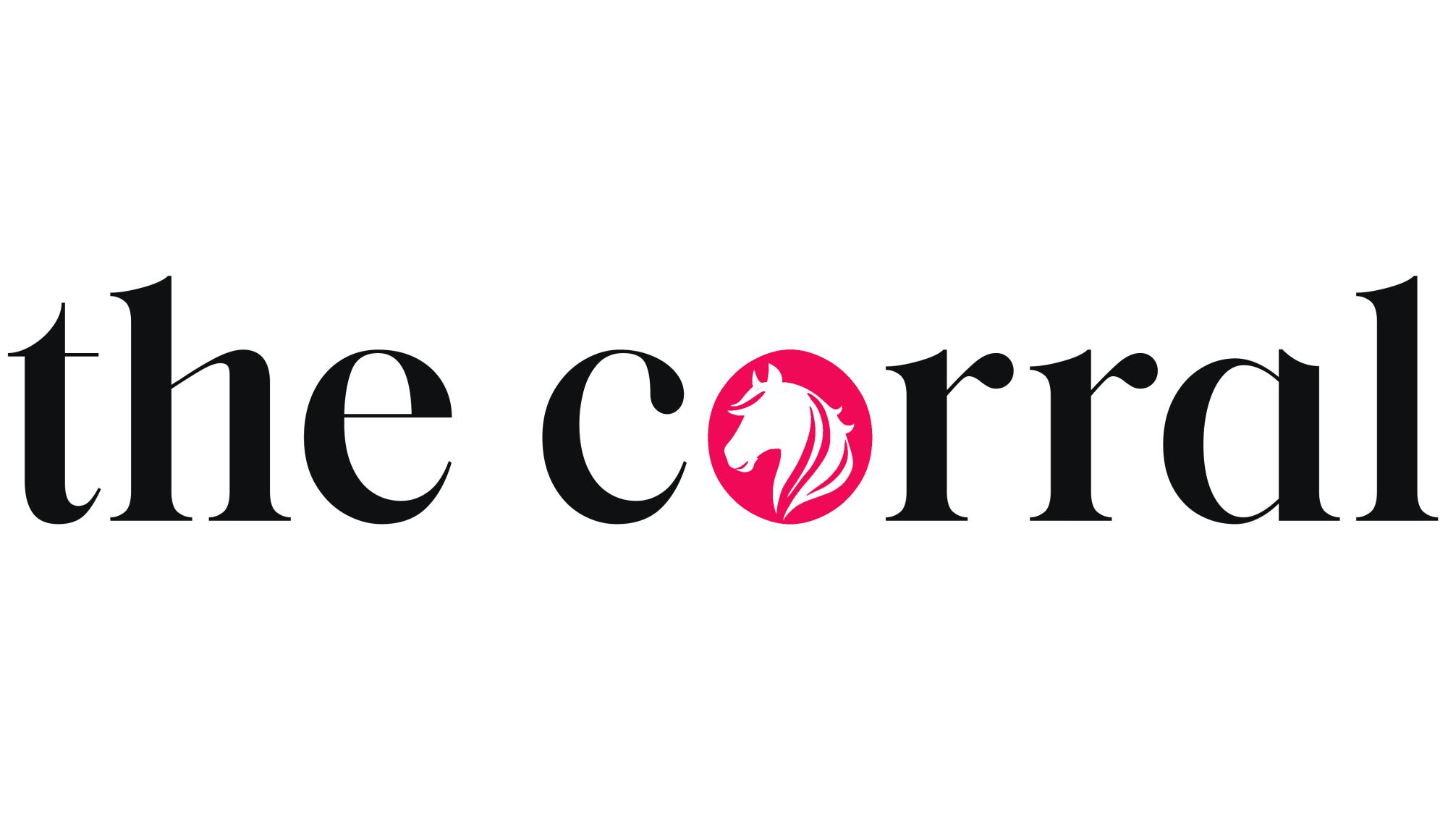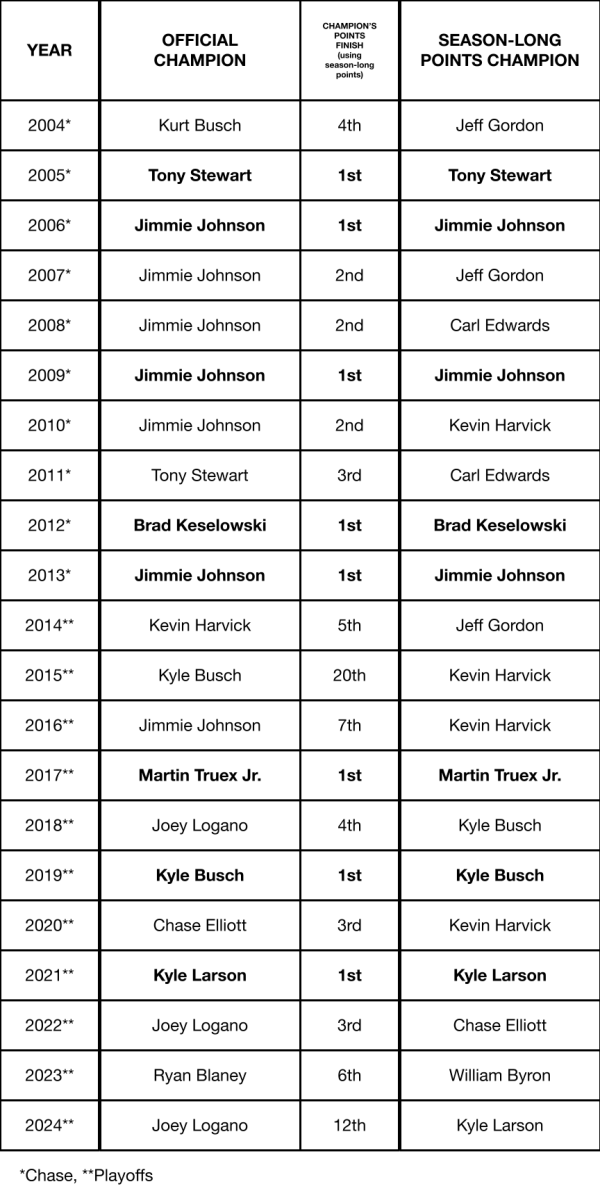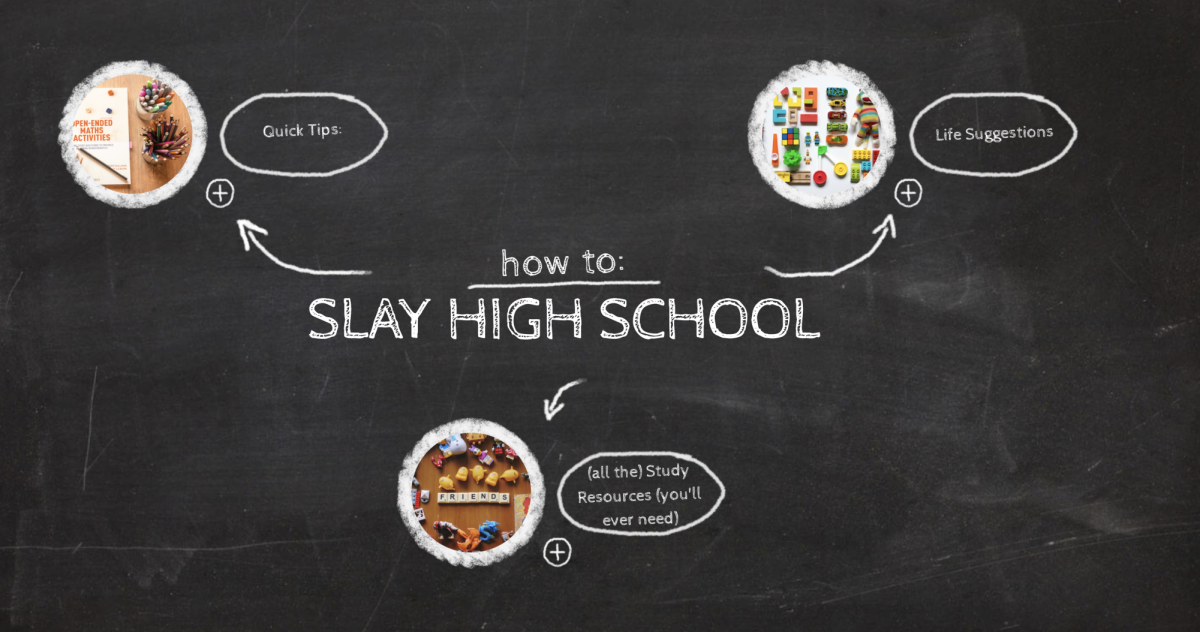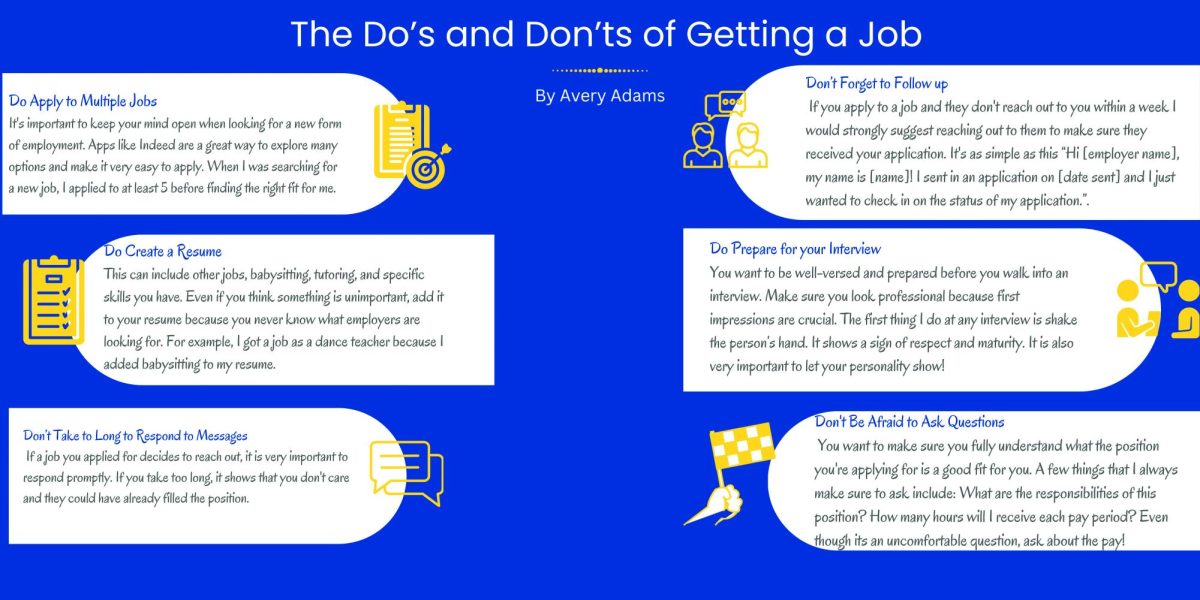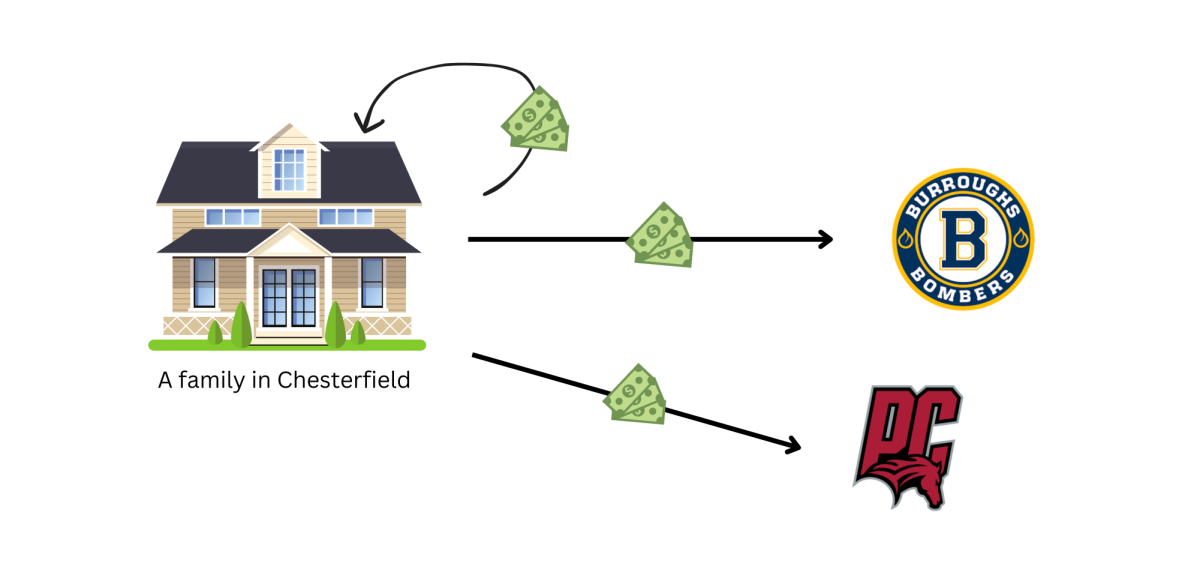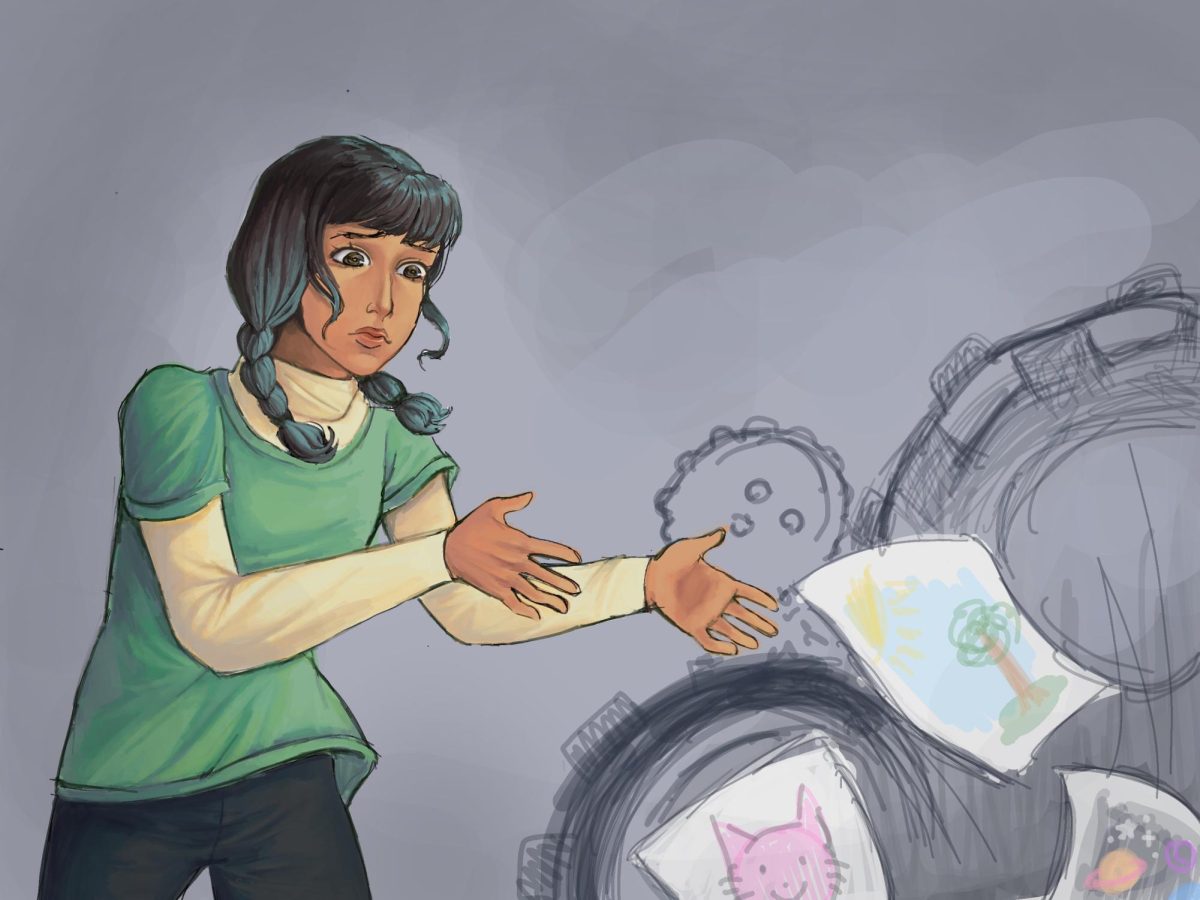If you were even minimally online over the summer, you are probably one of many who encountered the discourse that this summer was, for lack of a better word, lame. Why was that? I think much of the inadequate mood can be attributed to the lack of new music. People allow music so much power when it comes to how and what they feel. It’s become an integral, inescapable part of today’s human experience, and I’m not complaining about that.
I love music. The worst thing about the new phone rules is that I can’t have my headphones glued to my ears, every passing period, as I attempt to romanticize the student body as it swirls around me, all of us stuck in the same windowless, cinder-block box of a school. To me, music has always been more than just a distraction; it’s an outlet. An outlet for emotion, but also an outlet for connection. It’s nice when you can find someone who enjoys the same artist or the same song as you, but what is even better is imagining the hundreds of people, all across the world, listening to that song, at the same time as you. In my mind, it’s an invisible string. It connects one person to another as this piece of music unites us all through simultaneous appreciation.
This is why I find the “Song of the Summer” phenomenon so appealing. For three months, everybody aged five through twenty-two is freed from their typical pastime of school. During that time, we are all welcome to spend that time however we please. The common denominator being music, as I am fairly confident that it made an appearance in your summer at least once or twice. So why is there no song for the 2025 summer? At a glance, it simply does not make sense for a world that is so painfully music-obsessed, but don’t worry, it will.
Compared to the summer of 2024, this summer held no equivalent of Sabrina Carpenter’s “Espresso,” Kendrick Lamar’s “Not Like Us,” or even Chappell Roan’s “HOT TO GO!”. The problem lies not in the number but in the vibes, as well as the unfortunately timed releases done by various artists. If we go by plain data alone, then the clear summer staple was Alex Warren’s song “Ordinary,” released Feb. 7 as the lead single on his album, “You’ll Be Alright, Kid”.
The problem is it’s an emotional ballad with a lilting piano melody filling the background while Warren’s voice emulates something from a Coldplay song. There is nothing about it that screams “summer,” and by that I mean you wouldn’t want to listen to it speeding down the highway with the windows down while the wind whips through your car. Regardless, it has topped the Billboard Hot 100 for nine of the last ten weeks, as of August (NPR). So clearly, people are still listening to music- that’s not the issue.
The issue is that there’s no cohesiveness anymore in music; there is nothing recent enough to pull people together, whether in a “song of the summer” trend or otherwise. Consequently, people are gravitating backwards, preferring “recession pop” over anything new.
A plethora of factors create this new trend. One of them is due to the fact that music streaming apps, such as Spotify, Apple Music, Amazon Music, and more, allow people to listen to whatever decade of music they want, whenever they want. We are no longer confined to the dictated choices on the radio, meaning very few people are tuning into the Top 40 hits on the local radio stations.
Because of this, it’s less likely that an artist will get their big break through the radio. They know this, so they and their production team have rerouted, finding different avenues to get their music out to the public. The avenues in question are predominantly TikTok and Instagram.
With the assistance of social media apps, many artists will tease the same 10 to 20-second sound bite weeks or even months in advance, attempting to garner some publicity and excitement from the public. Consequently, that small fraction of the song ends up accompanying every other video on my TikTok feed, the artist’s voice becoming annoying as their lyrics echo in my ears. Once the song releases, I can rarely bring myself to listen to the whole song because I simply cannot fathom hearing that soundbite again. On the occasions that I do manage this feat, I quickly find myself disappointed because the soundbite reveals itself to be the only tolerable section. The rest of the song is a hazy combination of sounds and repetitive lyrics since the artist wanted so badly to get some attention that they sacrificed overall quality and artistry to do so.
This painful focus on virality is ruining what could be good music otherwise. Most artists, especially those who are looking to go mainstream, are forced to give up a coherent and put-together album idea because that will not be received well by the new-age “radio,” AKA social media.
When an artist doesn’t already have a loyal fanbase that is willing to peruse their discography and take the time to listen to their work, an album will most likely fall flat to the general public- no one has the attention span for that now anyway. That’s what was so nice about the radio; if you didn’t like a new song playing, you could always switch the station to find something else, but you were still listening and had to entertain the lyrics to some degree.
With that, we are brought back to my original question – why is there no 2025 song of the summer? The answer, while repetitive and unsurprising, is because of your phone. There are simply so many options that it opens up, and for creating a unified music trend, as well as discovering new music, none of them are beneficial. While the case of this summer can be partially attributed to poorly timed releases on the artist’s part, I would expect this lack of musical bond to continue and even worsen.
